Introduction: Pride
My name is Pride. I am a cheater.
I cheat you of your God-given destiny … because you demand your own way.
I cheat you of contentment … because you “deserve better than this.”
I cheat you of knowledge … because you already know it all.
I cheat you of healing … because you’re too full of me to forgive.
I cheat you of holiness … because you refuse to admit when you’re wrong.
I cheat you of vision … because you’d rather look in the mirror than out a window.
I cheat you of genuine friendship … because nobody’s going to know the real you.
I cheat you of love … because real romance demands sacrifice.
I cheat you of greatness in heaven … because you refuse to wash another’s feet on earth.
I cheat you of God’s glory … because I convince you to seek your own.
My name is Pride. I am a cheater.
You like me because you think I’m always looking out for you. Untrue.
I’m looking to make a fool of you.
God has so much for you, I admit, but don’t worry …
If you stick with me you’ll never know.
- From Beth Moore’s 2009 book: “Praying God’s Word: Breaking Free from Spiritual Strongholds”.
Pride is the great destroyer of all you were meant to be. Pride is the cloak Lucifer wore when he put on his Satan Skin. Pride always goes before the fall. In Heaven. In the Garden. In me. And in you.
Pride is untruth. Falsehood. It makes you look good when you are not. It fools you in order to make a fool of you.
Pride is everywhere today. It is the founding principle for many of the pursuits we call success. So what is the cure? Is there a remedy for pride?
Humility
A thousand years ago, Bernard of Clairvaux wrote a treatise, On the Steps of Humility and Pride, in which he comments, “Christ had all the virtues. But although he had them all, he especially commended one of them to us in himself, that of humility, when he said, ‘Learn of me, for I am meek and lowly of heart’ (Mt 11:29).” He could have chosen any virtue, for he possessed them all in perfect measure, but Jesus singled out humility as the primary one we are to learn from him.
So what is humility? At its heart, humility is a form of self-knowledge. The German philosopher Dietrich von Hildebrand defines humility as “the habit of living in the truth.” In opposition to the inflated self of pride, humility is a reality check of the way things really are. It is a recognition of the truth about ourselves, God, and everything else.
We live in a world that values pride. We idolize people who live above needing others. They are gods among us. Or, so we are told. But we know better. Pride is the swagger in the stride of those who walk darkened paths. So, how do we walk in humility while living in this world? Can we avoid pride?
Let’s read about a man who was able to rise to great heights without falling to pride. What can we learn from him about humility?
Prayer – Let’s pray before we open the Bible.
John 1:19–27 “This was John’s testimony when the Jews from Jerusalem sent priests and Levites to ask him, “Who are you?” He didn’t deny it but confessed, “I am not the Messiah.” “What then?” they asked him. “Are you Elijah?” “I am not,” he said. “Are you the Prophet?” “No,” he answered. “Who are you, then?” they asked. “We need to give an answer to those who sent us. What can you tell us about yourself?” He said, “I am a voice of one crying out in the wilderness: Make straight the way of the Lord—just as Isaiah the prophet said.” Now they had been sent from the Pharisees. So they asked him, “Why then do you baptize if you aren’t the Messiah, or Elijah, or the Prophet?” “I baptize with water,” John answered them. “Someone stands among you, but you don’t know him. He is the one coming after me, whose sandal strap I’m not worthy to untie.” ”
John the Baptist had a clear understanding of his role as a witness to Christ. Despite having his own disciples and hundreds of people who came to hear him, follow him and be baptized by him, John remained humble and redirected the attention to Jesus.
How did John the Baptist do this? How did he keep a humble heart and not be overwhelmed by pride? He had a very simple strategy. Self-knowledge. He knew who he was. He KNEW his place. He was not the Messiah. He was not Elijah. He was not the Prophet promised in Deuteronomy who would teach great things. No. John the Baptist knew his place in God’s larger story. He KNEW his role -- to prepare people for the arrival of the Messiah and then to point people to Christ when he arrived.
Behold the Lamb
And while John the Baptist baptised he waited for a sign. As he lowered each repentant sinner into the murky waters of the Jordan River he watched the sky for a sign. Was this one THE ONE? He wouldn't know who the Messiah was until ... Let’s keep reading.
John 1:29–37 “The next day John saw Jesus coming toward him and said, “Look, the Lamb of God, who takes away the sin of the world! This is the one I told you about: ‘After me comes a man who ranks ahead of me, because he existed before me.’ I didn’t know him, but I came baptizing with water so that he might be revealed to Israel.” And John testified, “I saw the Spirit descending from heaven like a dove, and he rested on him. I didn’t know him, but he who sent me to baptize with water told me, ‘The one you see the Spirit descending and resting on—he is the one who baptizes with the Holy Spirit.’ I have seen and testified that this is the Son of God.” The next day, John was standing with two of his disciples. When he saw Jesus passing by, he said, “Look, the Lamb of God!” The two disciples heard him say this and followed Jesus.”
John the Baptist knew his own identity. He was preparing the path for the Messiah. And, once the dove landed on Jesus, John knew -Jesus was the Messiah. “Behold the Lamb of God!” He didn’t waste any time! He pointed his disciples straight to Jesus.
I’ve often wondered if it was hard for John to give his disciples away. But, when you see the way it’s written in John, you know. Jesus walks past and it’s almost like John grabs his disciples by the shoulders and says, “That’s Him! That’s the Messiah! He’s the one to follow now! Get! Go! Don’t let Him get away!”
That’s humility. That’s a clear sense of self. John knew who he was. And he knew his mission. First, prepare the way for the Lord. Second, identify the Messiah. Third, give everything to the Messiah.
What is your mission today? If you are a follower of Jesus, your role is the same as John the Baptist - but the timing is different. Today, we are preparing for the second coming of the Messiah. Will you prepare the way - making straight paths for people to find Jesus? Will you proclaim “Look, the Lamb of God!” and point people to Jesus? Will you give everything to Jesus?
In short, will you let the humility of Jesus rule your heart rather than the pride of this world? It’s not easy to overcome pride. In fact, it is impossible, if you focus on the pride. The best way to defeat a bad habit or a destructive character trait is to replace it. Find something better and focus on that new pure good thing. Something helpful. Something holy. Something … like … JESUS!
The Mindset of Christ
One of the most prideful people in the Bible was also the one who wrote the most books in the Bible! Paul fell from a great height to meet Jesus. When he met Jesus, Paul's prideful heart of stone shattered and he was given a new heart and a new spirit. His old calcified heart was replaced with a crucified heart — a humbled heart of flesh that relied not on itself for strength but on it’s Creator and Redeemer, Jesus Christ.
Once Paul understood the process of going from pride to humility, he wrote what he learned so we might learn it as well. What he wrote is a prayer, a hope, a strategy for us to follow. Humility takes years. It took Paul a lifetime. He explained the journey — out of arrogance and into life in Christ — by reducing it down to a one chapter ‘pride-defeat cheat-sheet’ Paul encapsulated the essence of all he learned about humility in Philippians 2. Let’s have a look together.
Philippians 2:1–11 “If, then, there is any encouragement in Christ, if any consolation of love, if any fellowship with the Spirit, if any affection and mercy, make my joy complete by thinking the same way, having the same love, united in spirit, intent on one purpose. Do nothing out of selfish ambition or conceit, but in humility consider others as more important than yourselves. Everyone should look not to his own interests, but rather to the interests of others. Adopt the same attitude as that of Christ Jesus, who, existing in the form of God, did not consider equality with God as something to be exploited. Instead he emptied himself by assuming the form of a servant, taking on the likeness of humanity. And when he had come as a man, he humbled himself by becoming obedient to the point of death— even to death on a cross. For this reason God highly exalted him and gave him the name that is above every name, so that at the name of Jesus every knee will bow— in heaven and on earth and under the earth— and every tongue will confess that Jesus Christ is Lord, to the glory of God the Father.”
Paul calls us to have the same mindset as Jesus. Humility that leads to death. The death of self leads to life in the Kingdom of God. Jesus became obedient to the point of death. Even death on a cross.
We don’t like the word ‘obedient’ these days.
Don’t tell me what to do!
Jesus reveals that doing for others rather than doing for self -- is The Way. It’s the Kingdom way. Being humble is having the same love, the same spirit, the same purpose as Jesus. And that purpose is to lift others up and let God be the one to exalt you. Empty yourself. Dump pride back in the ditch where it belongs. And glorify God by serving others. This is the key to the Kingdom. Humble yourself, serve, and God will lift you up - to your full purpose in His Eternal Kingdom!
Have you ever met someone who embodied the love and humility of Jesus? I have.
Illustration: When I was attending Pacific Union College, I had a friend named Terry Hubert. Terry had perfect pitch. He was the 1st Tenor in our octet and I was the Bass. There was one song we sang that I knew the opening note by ear. No idea why. It was a C. I could just sing the note. When practicing the song he noticed I knew my starting note. The next time we performed the song, he said, “Dave give us a C.” He had a pitch pipe in his pocket. Everyone in the audience knew it because he had pitched the group with it on the other songs. But this song, “Dave give us a C.” I hummed a C and then he hummed each person's pitch to them. That’s the joy of humility. Terry was a great musician, classical guitarist, singer and a follower of Jesus. He didn’t need to get a C from me. But he did. In a concert. Because it lifted me up in the eyes of others. That was Terry. And that is like Jesus!
In Psalm 18:35 it says God defends us by lifting us up. Look.
“You have given me the shield of your salvation;
your right hand upholds me,
and your humility exalts me.”
What an amazing way to lift us up. “Your humility exalts me.”
Do you see how Humility works in the Kingdom of God?
Do you see its power?
God’s shield of salvation isn’t a steel plate of metal between you and the enemy. God’s shield of salvation is His right hand, clasping yours and lifting you up. And as He saves you, He takes all the strikes of the evil one – even death on a cross. So He can take you home. His humility exalts you as he lifts you up.
When we lift others up by humbling ourselves, we are empowering them the way God gives power — by meeting them where they are and taking hold of their hand.
Shine Like Stars
Paul wasn’t finished with his cheat sheet yet. We know WHAT to do — “have the attitude of Christ” — Look at Him, imitate Him, love Him and love like Him. But, in the next few verses, Paul gives us the HOW. How do we achieve humility? The secret to humility, Paul says, is obedience.
I need to make something very clear right now because it’s not worth spending one moment of your life letting pride define obedience.
When pride defines obedience, it sounds like “I do” and it looks like work.
When humility defines obedience, it sounds like “JESUS DOES” and it looks like grace.
“God does it all in Jesus.'’
In the next part of Philippians 2, Paul very clearly says, "God does it all. God has done, is doing, and will do His will in your life!”
Philippians 2:12–16 “Therefore, my dear friends, just as you have always obeyed, so now, not only in my presence but even more in my absence, work out your own salvation with fear and trembling. For it is God who is working in you both to will and to work according to his good purpose. Do everything without grumbling and arguing, so that you may be blameless and pure, children of God who are faultless in a crooked and perverted generation, among whom you shine like stars in the world, by holding firm to the word of life.”
“By holding firm to the word of life.” Who is the Word of Life? Jesus, of course. To hold firm to something, you keep your eyes fixed on it and you grasp it with every bit of your strength!
The more you look at Jesus the more you look like Jesus. That’s what Paul discovered after he was humbled by Jesus on the road to Damascus.
God stopped prideful Paul by saying, “Why are you persecuting me!?!?”
That question made no sense to Paul. He was serving God with every prideful beat of his heart. “Who are you, Lord?”
“Jesus, whom you are persecuting.”
… Oh… OUCH… Loud Proud Paul went silent for three years. He wandered off the scene and got to know God again. Or maybe for the first time. God through a Jesus filter. God on a cross.
And when Paul came back he had a new message. “God humbled himself to save us. God became one of us! A lowly human. And then God died as one of us - a horrible death on a cross - for all of us. So, hold firm to Jesus - the Word of Life - and you will Shine like Stars! You will Be… Like… Jesus!”
Humble yourself before the Lord and wait. Wait for Him to lift you up.
Don’t get up until Jesus lifts you up. Let go of pride. Give Jesus your hand. Let Jesus be your shield of salvation. Let Him lift you up. Let His humility exalt you. And when He does, you will be different. You will shine like stars.
You will grow more and more like Jesus because your heart and mind are fixed on Him.
Joyful Decrease
To conclude our thoughts on humility today, let’s have a quick look at what John the Baptist did next. After he told everyone who Jesus was and sent his disciples to Jesus, he continued to go to the river, to baptize people and to make new disciples. He told everyone: “The Messiah is here! Go find Jesus!” Some of his new disciples came to him and said, “Hey John, that other guy - Jesus - he’s out there doing everything you are doing, and more! How do you feel about that?”
John's answer is a great example of what a life of humility - built on serving God rather than serving self - looks like. You can almost hear John the Baptist laugh as he answers.
John 3:28–30 “You yourselves can testify that I said, ‘I am not the Messiah, but I’ve been sent ahead of him.’ He who has the bride is the groom. But the groom’s friend, who stands by and listens for him, rejoices greatly at the groom’s voice. So this joy of mine is complete. He must increase, but I must decrease.”
John was thrilled! “The party has started people! The groom is over there!” John’s personal self-worth did not suffer when Jesus showed up. He had played his role and he did a great job. He will hear, “Well done, good and faithful servant!”
John the Baptist shows us what happens in the life of someone who lives in humility. We find joy in a plan that includes us but isn’t about us. We redirect praise. And we know that Jesus is everything!
So They Might See Jesus
The life and death of Jesus show us that humility is the heart of the Godly life.
When Jesus knelt before His disciples and washed their feet, he showed what God does in the presence of humanity. He humbles Himself to lift us up.
To become like Jesus is to learn to walk in His footprints - in step with Him. In calling us to humility, Jesus calls us to himself. And we, in turn, humble ourselves and serve the world around us. Not so we may be praised. But, so they might see Jesus. And be drawn to Him. And be wrapped up in Him. Embraced tightly in His loving arms just as we are!
May you serve willingly today, as we await the return of Jesus.
May you prepare the way for his coming by laying aside the distractions of this life - both mountains and molehills - so His path to the heart of others is smooth.
May you say, with John the Baptist, “I must decrease” so the world might see Jesus!
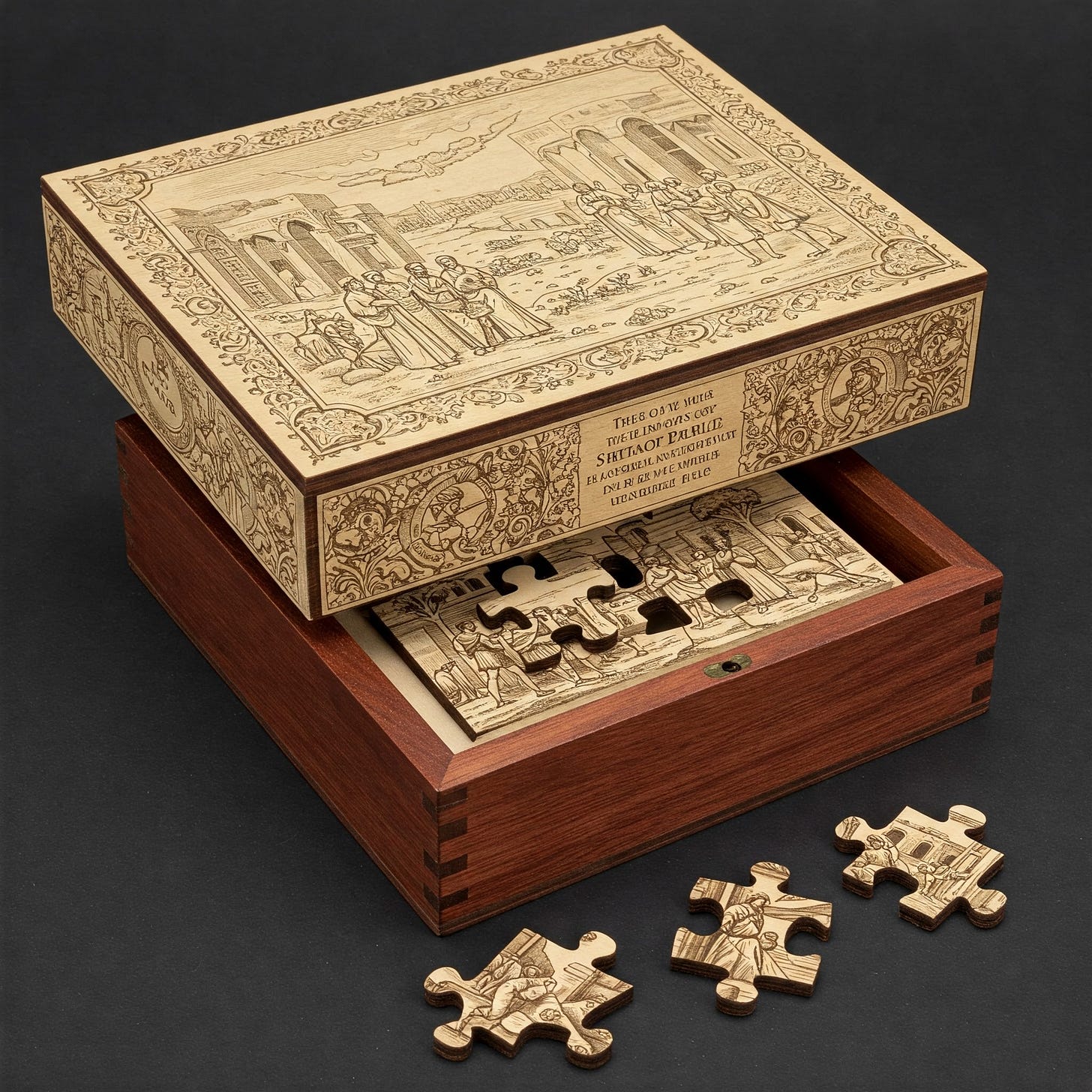
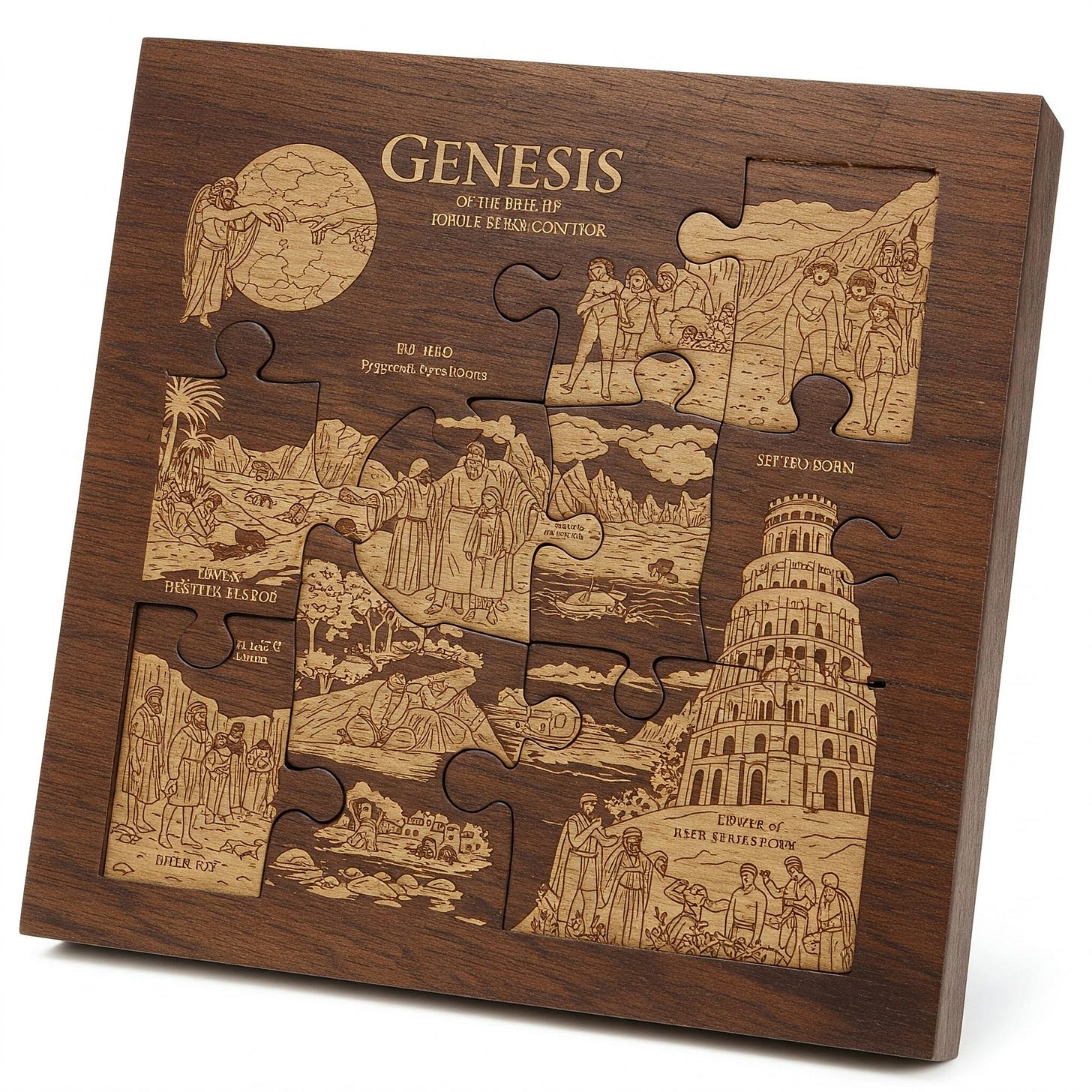
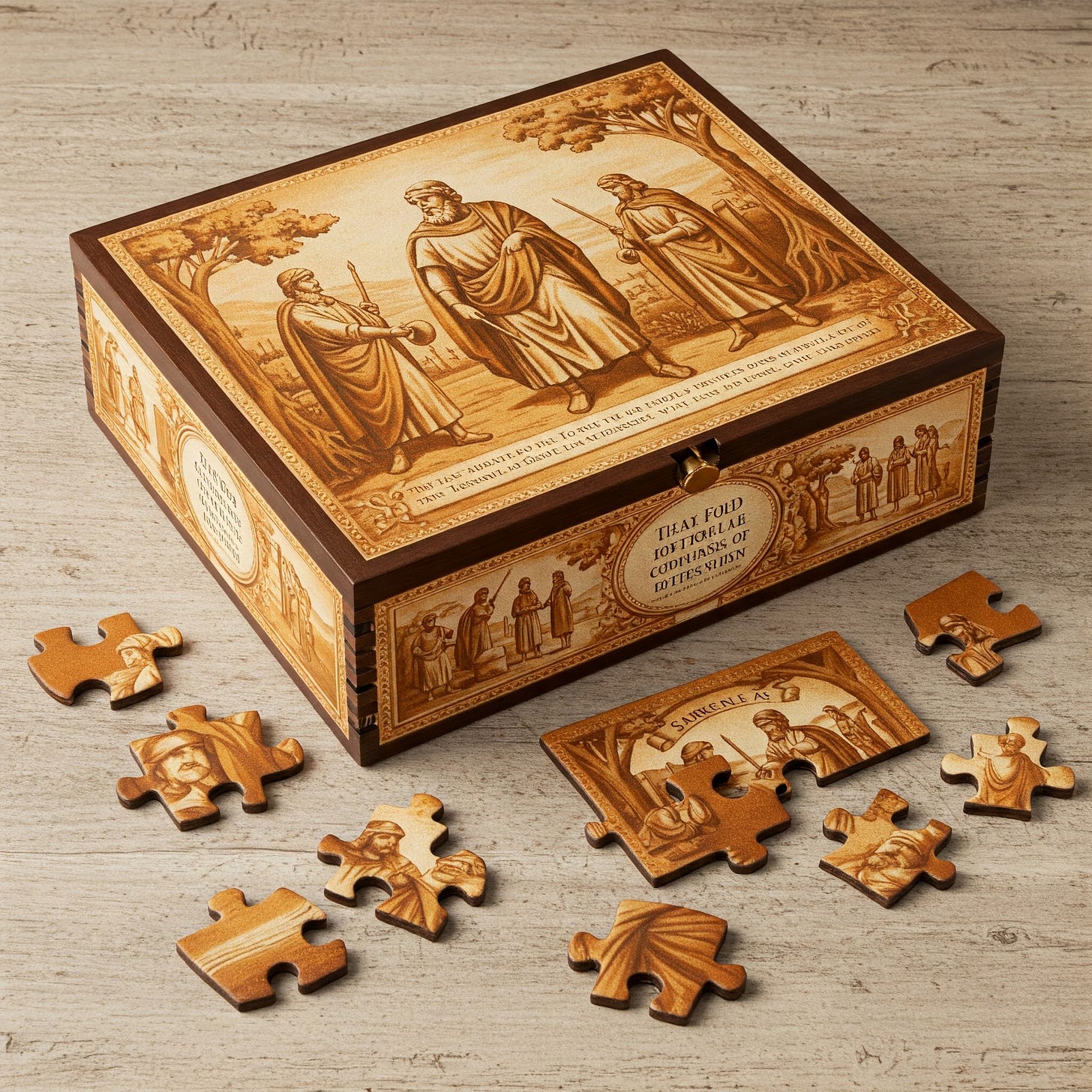


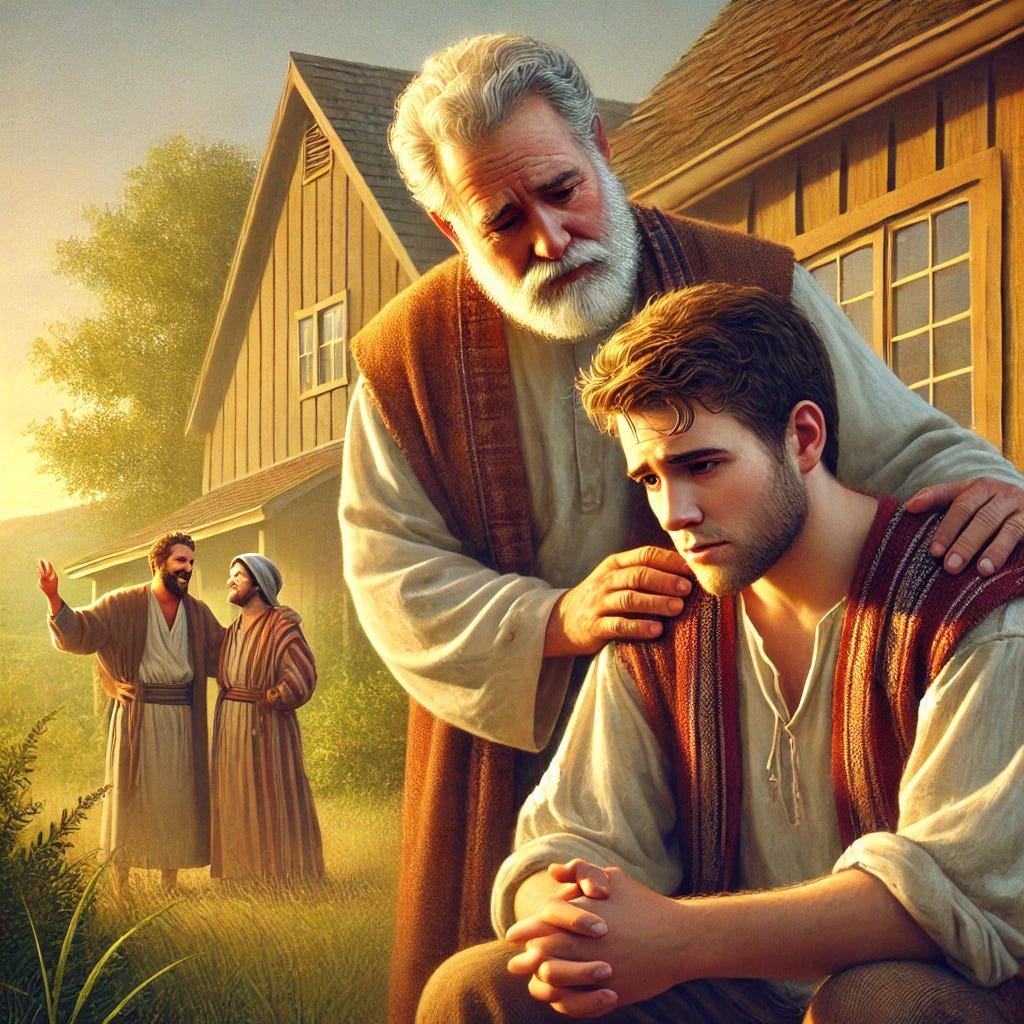


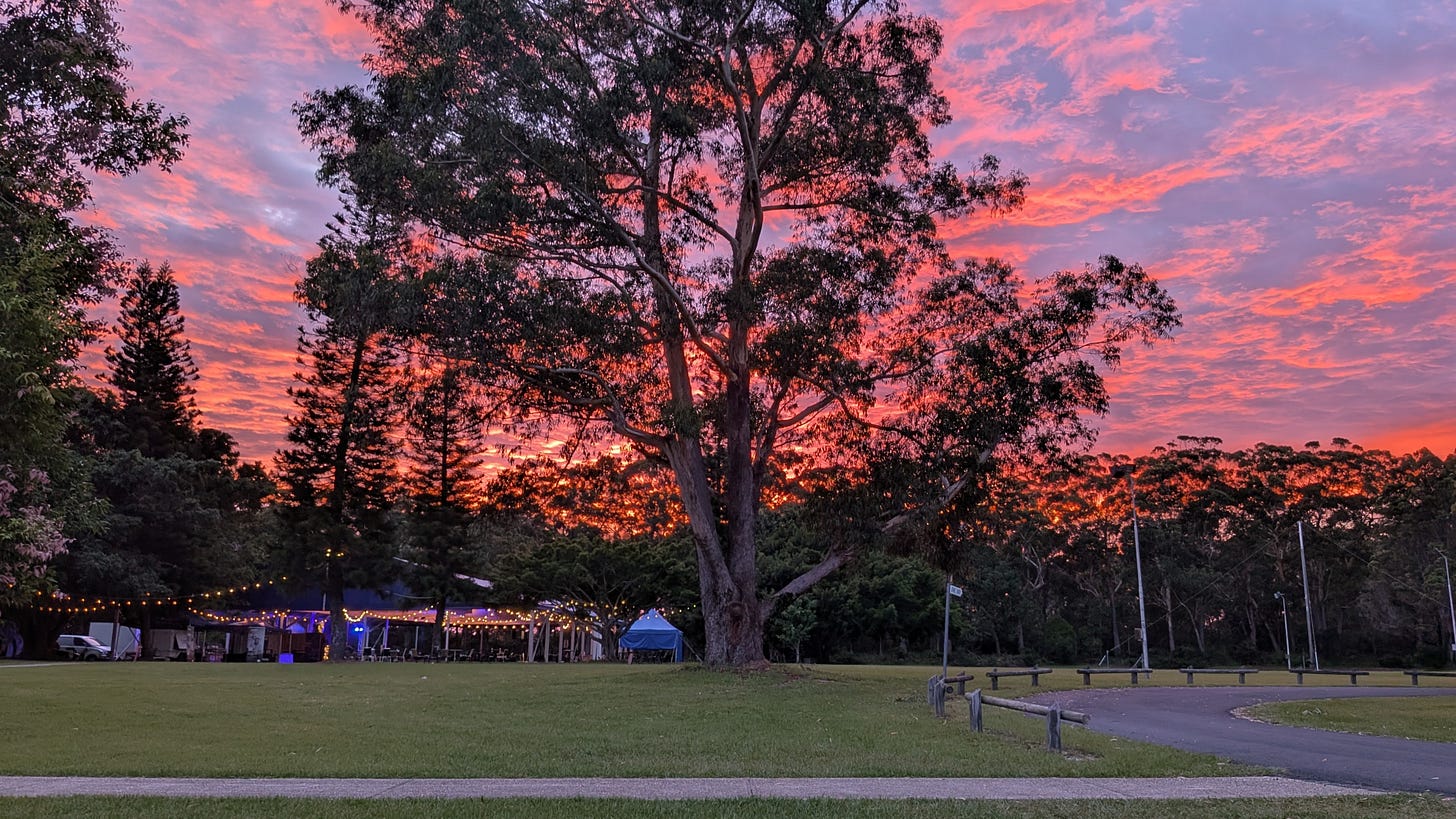


.jpeg)